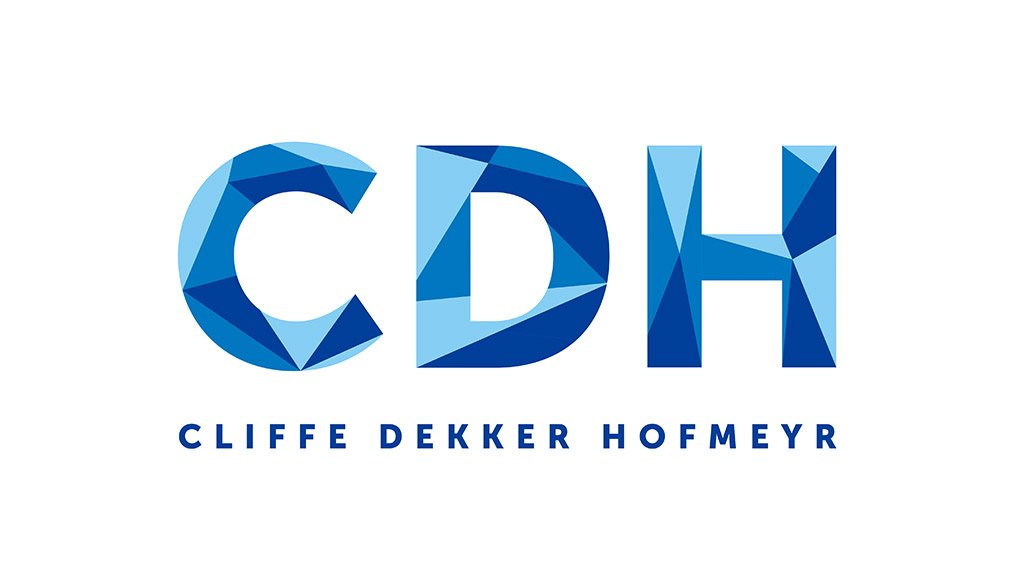Economic Freedom Fighters v Speaker of National Assembly and Others; Democratic Alliance v Speaker of the National Assembly and Others [2016] ZACC 11
Yesterday the Constitutional Court handed down a unanimous judgment in a matter concerning the power of the Public Protector to take appropriate remedial action and whether her finding that President Jacob Zuma (President Zuma), in his personal capacity, was required to pay back a portion of the funds spent installing non-security upgrades at his Nkandla private residence (Nkandla) was binding.
After receiving several complaints the Public Protector investigated allegations of irregular expenditure relating to the security upgrades at Nkandla, built at State expense. The Public Protector concluded that various improvements, namely the visitor’s centre, the amphitheatre, the cattle kraal, the chicken run and the swimming pool, made to the property during the course of the upgrade, were non-security features and directed President Zuma (with the assistance of the National Treasury) to determine the reasonable costs of those features and repay a reasonable portion thereof to the State. President Zuma was also directed to reprimand the Ministers involved in the project for specified improprieties. The report was submitted to the National Assembly and President Zuma in order to facilitate compliance with the remedial action.
In the judgment penned by Chief Justice Mogoeng, the Constitutional Court confirmed many of the findings of the Supreme Court of Appeal (SCA) in the matter of the South African Broadcasting Corporation SOC Ltd and Others v Democratic Alliance and Others [2015], including the finding that the Public Protector’s power to take remedial action has legal effect and is binding. In so doing it once and for all conclusively rejected the argument that the Public Protector may only make recommendations that may be disregarded provided there is a rational basis for doing so. According to the Court, the Public Protector’s power to take appropriate remedial action in matters she was seized with, as provided for in s182 of the Constitution, gave her the power to determine the appropriate remedy and prescribe the manner of its implementation.
In so finding the Court emphasised the important role played by the Public Protector’s office in our Constitutional democracy, describing her office as “one of the most invaluable constitutional gifts to our nation in the fight against corruption, unlawful enrichment, prejudice and impropriety in the State Affairs” and as a “critical and indeed indispensable factor in the facilitation of good governance and keeping our constitutional democracy strong and vibrant”. It consequently found that President Zuma and the National Assembly were not entitled to respond to the binding remedial action taken by the Public Protector as if it had no force or effect, without first having recourse to a court of law and having her action set aside by a court.
The Court found that the President’s failure to comply with the remedial action taken by the Public Protector was unlawful and unconstitutional. It also found that the National Assembly’s conduct in passing a resolution exonerating President Zuma from liability (based on the findings of the Minister of Police) which it said effectively purported to nullify the findings made and remedial action taken by the Public Protector, was also unlawful and unconstitutional.
The Court ordered that the National Treasury must determine a reasonable percentage of the costs of those measures which ought to be paid personally by President Zuma and that it must report back to the Court on the outcome of its findings within a period of 60 (sixty) days. President Zuma will be required to pay the amount determined by the National Treasury within 45 (forty five) days of the Court signalling its approval of the report. The Court also ordered that President Zuma must reprimand the Ministers involved in the Nkandla project. President Zuma and the National Assembly were furthermore ordered to pay the costs of the application.
Written by By Jacquie Cassette, Director and Tricia Erasmus, Senior Associate in Cliffe Dekker Hofmeyr's Pro Bono and Human Rights Practice
EMAIL THIS ARTICLE SAVE THIS ARTICLE
To subscribe email subscriptions@creamermedia.co.za or click here
To advertise email advertising@creamermedia.co.za or click here











